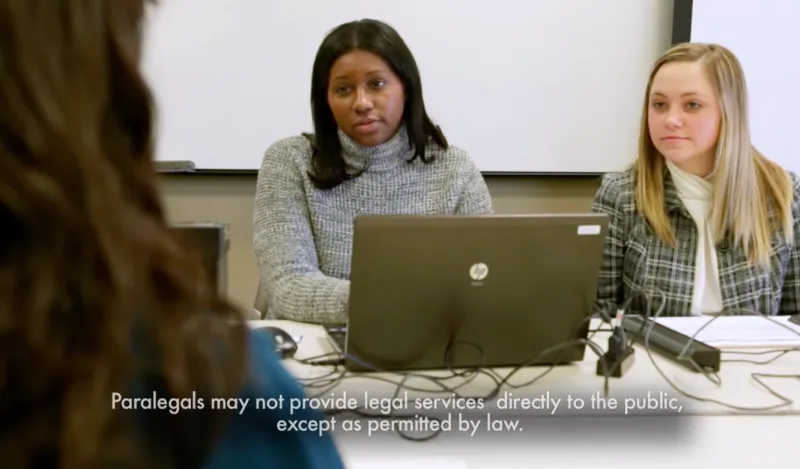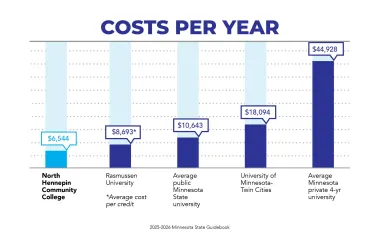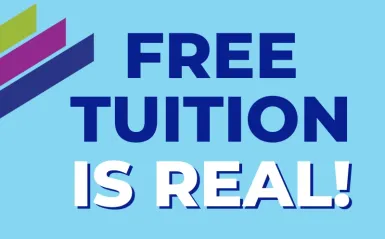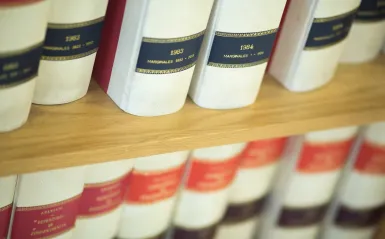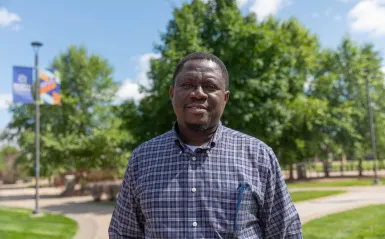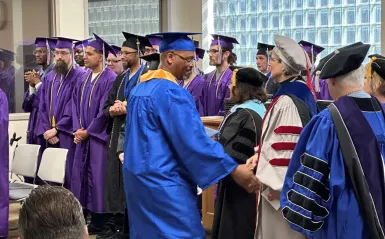Should I Get a Certificate or an AS Degree?
If you already have an AS, AA, or bachelor's degree, a Paralegal Certificate would prepare you for a career assisting lawyers and administrators of law-related occupations in providing efficient legal services to the public.
If you don't already have an AS, AA, or bachelor's degree, you will need a Paralegal AS degree to start your career assisting lawyers and administrators of law-related occupations in providing efficient legal services to the public.
Paralegal Program Highlights
- American Bar Association Approved Paralegal Program
- Highest-Rated Community College Paralegal Program in Minnesota according to Minnesota Lawyer Reader Rankings
- Online Synchronous Education – Entire program may be completed online, evening courses
- First and only ABA-approved paralegal program in the country to provide paralegal education to incarcerated students in partnership with the Minnesota Department of Corrections
- 88% job placement rate within 6 months of graduation
- Advisory Committee made up of members working in the field as lawyers, paralegals, and in business for companies including, Cargill, Fredrickson & Byron, Target Corporation, Red Wing Shoes, Maslon, Hennepin County, Toro Corporation, Taft Law
What Graduates Are Saying
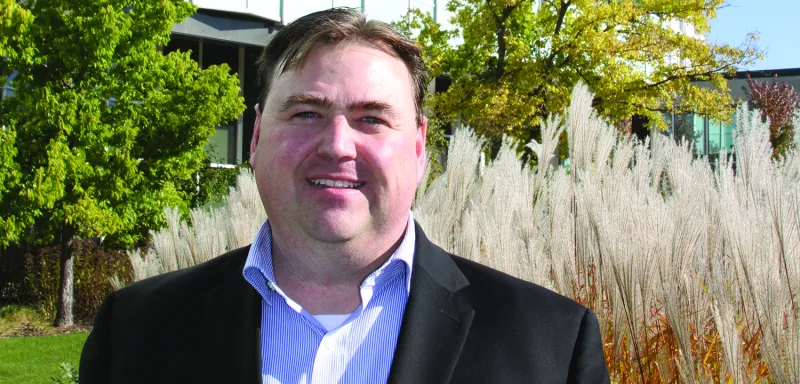
Career Outlook
National Projected Job Growth Rate: 12% (2020-2030)
Median Hourly Wage in Minnesota: $29.88
Potential Job Titles
- Paralegal
- Law library assistant
- Court clerk
- Title examiner
- Contract specialist
- Legal compliance
- Law firm administrator
- Mediator
- Court advocate
- Litigation docket manager
- Contract administrator
- Regulatory analyst
- Claims analyst
- Nurse paralegal
Where NHCC Paralegal Grads Work
- 10th Judicial District
- Anoka County Attorney's Office
- Boston Scientific
- Cigna Legal
- Dorsey & Whitney LLP
- Hennepin County
- Medtronic
- U.S. Attorney's Office
- Taft Law Firm
- Wells Fargo Home Mortgage
- And many more!
Transfer Options
NHCC's Paralegal AS Degree is designed to transfer to:
- Concordia University: Organizational Management and Leadership BA degree
- Concordia University: Business BA degree
- Concordia University: Public Policy BA degree
- Concordia University: Criminal Justice BA degree
- Hamline University: Legal Studies BA degree
- Metropolitan State University: Individualized Studies BA degree
- Winona State University: Legal Studies BS Degree
After completing all of the admissions steps to the college, students must complete a Paralegal Application and make an appointment with a Paralegal Advisor for review. Contact Advising at 763-424-0703 to schedule your appointment.
Paralegal Credits: Information on transferring legal specialty credits into the NHCC Paralegal Program.
The goal of the paralegal program is to deliver a comprehensive paralegal education that will graduate ethical, employable, competent professionals for careers in the legal field. Our paralegal program prepares students to assist lawyers and administrators of law-related occupations in providing efficient legal services to the public. The specialty courses are the core of the program and include the following areas of law: legal research and writing, contracts, family law, property, wills and estate administration, criminal law and litigation. The Paralegal Program does not train graduates to provide legal services directly to the public. Any person who attempts to provide legal services directly to the public, but is not licensed to practice law, engages in the illegal and unauthorized practice of law.
To prepare students for emerging trends in the legal profession, NHCC's paralegal program offers an elective course in Intellectual Property that covers the major areas of intellectual property law in the United States: trademarks, copyrights, patents, and trade secrets. In addition, students taking the Computer Applications course are introduced to the use of specialized e-discovery software to better prepare them for the workplace.
Licensed attorneys teach the legal specialty courses offered at North Hennepin. The faculty is active in the profession and most maintain private law practices in addition to their teaching responsibilities. The depth of experience of the faculty ensures that you will receive practical and timely information relevant to paralegal duties.
Instructor Bios:
You can perform legal work for attorneys in private law firms, government agencies or large corporations with a Paralegal AS or Paralegal Certificate from North Hennepin Community College. Paralegal duties vary according to the nature of employment, level of experience, and level of education. Examples of tasks include:
- Interviewing clients and witnesses
- Performing research and investigating facts
- Drafting documents and correspondence
- Conducting compliance and regulatory activity
- Conducting a variety of transactional services
- Managing attorney's case load
Figures from the U.S. Bureau of Labor Statistics indicate that the demand for paralegals is still high. North Hennepin maintains alliances with local placement agencies and temporary agencies to further enhance the student's job seeking activity. Education and experience are the two most important factors in securing the most challenging and highest paying positions – you can get them both at North Hennepin Community College.
The following links to non-NHCC websites are provided for your convenience and do not constitute an endorsement:
Paying for College
NHCC's tuition is among the most affordable in Minnesota.
Financial Aid
- Scholarships are money you don't have to repay
- Grants are money you don't have to repay
Free College Tuition
The North Star Promise scholarship program provides free college tuition to eligible students. Find out if you might be eligible.
Program Roadmaps
Program roadmaps provide students with a guide to understand the recommended course sequence to complete their degree.
Paralegal Curriculum
Get Started
If you're ready to get started, apply to NHCC. If you'd like to learn more, you can visit campus or request information.

